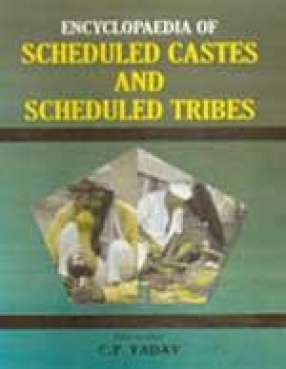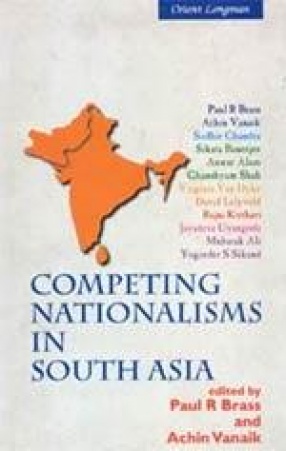There are about 1000 Hindu lower castes registered as scheduled castes in India. Some of the castes number several million members each. The largest of these castes are Chamar, Bhangi, AdiDravida, Pasi, Madiga, Dusadh, Mali, Parayan, Koli, Mahar and others. Each Indian state has its own list of Scheduled Castes. One of the prime conditions for overcoming casteism in the socio-political life of India is the growth of the democratic secular movement with the participation of the Dalits and the Harijans. Similarly, there lives a large number of aboriginal people-authochthones, who still profess their primitive religions, beliefs, life style and sociocultural mores. India has a total of 573 Scheduled Tribes spread all over the Indian mainland and in certain Islands of Andamans and Nicobar as well as Laksdweep, constitute a distinct dimension of Indian life and culture. To bring them to mainstream of national life and to uplift their miserable living conditions, Government of India made provisions to enroll these tribes as scheduled tribes, sanctioning some privileges and preferential treatment for them. In the present work attempt has been made to understand and underscore the nature of change that is taking place among the Scheduled Castes and Scheduled Tribes on the basis of recent changes in socio-economic scenario in India. It is hoped that the work will be of immense importance for Anthropologists, Sociologists and scholars of social sciences besides the policy planners and administrators.
Encyclopaedia of Scheduled Castes and Scheduled Tribes (In 4 Volumes)
In stock
Free & Quick Delivery Worldwide
reviews
Bibliographic information
Title
Encyclopaedia of Scheduled Castes and Scheduled Tribes (In 4 Volumes)
Author
Edition
1st ed.
Publisher
ISBN
9788126106554
Length
viii+316p.; viii+317-684p.; viii+304p.; viii+305-632p., 25cm.
Subjects







There are no reviews yet.